July 5, 2023
What is the NEASC accreditation and what are the benefits to Southbank’s students?
What is NEASC?
The New England Association of Schools and Colleges (NEASC) is an independent, voluntary, nonprofit membership organisation which partners with over 1500 public, independent, and international schools in the US and worldwide to assess, support, and promote high quality education for all students through accreditation, professional assistance, and pursuit of best practices. NEASC aspires to provide a process for meaningful, ongoing whole school improvement while honouring the unique culture and context of each institution we support. Founded in 1885, NEASC has a long tradition of school improvement across the six states of New England and in more than 85 countries around the world. (From https://www.neasc.org/about)
What does being NEASC accredited mean?
The NEASC accreditation process encourages school improvement through a process of continuous self-reflection and peer review. The award of NEASC accredited status indicates that the member school has achieved high standards of professional performance and is committed to continuing growth and development. Heads of schools and teachers from our accredited schools play an active role in assessing the progress of peer institutions as Visiting Team participants and contributing their knowledge and Best Practices. (From: https://www.neasc.org/overview-international)
What is the protocol for NEASC accreditation?
Southbank is following the Collaborative Learning Protocol (CLP) which is a fully aligned process of self and peer evaluation with the IB Programme Standards and Practices and the NEASC Foundation Standards and Learning Principles. The process synchronises two key strands of school evaluation and improvement:
- continued authorization to implement IB programmes
- initial or continued NEASC Accreditation for qualifying schools on the ACE Learning Pathway
Aligning the IB authorization and NEASC accreditation processes brings a unified, whole school focus on ongoing growth and transformational learning. (From: https://www.neasc.org/collaborative-learning-protocol)
What is special about NEASC (and the ACE Learning Pathway)?
ACE Learning introduces a fundamentally different approach to accreditation:
- ACE aims to transform rather than ‘improve’ schools and reshapes accreditation into an instrument to enable systemic change. ACE challenges the familiar language and ‘grammar’ of schooling and encourages ‘schools’ to become learning communities guided by a razor-sharp vision of learning in our times.
- ACE asks learning communities to reflect on learner impacts rather than outputs and to identify the evidence required to validate the desired Impact. ACE aims to change the place called ‘school’ into an “interactive museum of learning opportunities” (Yong Zhao), envisioned and sustained by a community that shares and acts upon a common, explicit understanding of learning. Someone said: “All learning begins with and depends on a provocation.” ACE intends to be such a ‘provocation’.
- ACE “meets schools where they are”; ACE serves, recognizes, and supports schools no matter where they may be on the “transformational learning continuum.” ACE invites all schools to reflect on how learning should illuminate the path to a better world for the next generation. (From: https://www.neasc.org/ace)
What does the process look like for Southbank?
Southbank first completed a Foundational Standards (FS) visit and was successful in moving on to the next part of the accreditation process. The FS visit happened in the autumn term 2022. This led to our Preparatory visit in Spring 2023, which was once more successful. Highlights from their report can be seen here.Upon receiving the report from the Preparatory visit, Southbank became a NEASC Candidate School. This means we are currently inside our Internal Reflection Process. This will conclude in October 2024 when the joint full visit of the IB and NEASC happens. Approximately two months after this visit, Southbank should become a fully accredited NEASC school. During the process, Southbank has crafted our Shared Definition of High Quality Learning as follows: “Learning at Southbank is concept-driven, student-centred, and built on positive relationships. Students inquire into real-world contexts, develop disciplinary expertise, make interdisciplinary connections, transfer skills, and continually reflect on their development as learners.”
What are the benefits for Southbank?
The CLP neatly converges the ideals and principles of the IBO with NEASC, and gives a school an internationally-recognised standard of excellence, which would really help our students who were not able or do not want to complete the full IB DP. It helps our conversations when a student might struggle to pass the IB DP, and gives us a clear structure to follow for IB certificates. In addition, it would help Southbank to learn and grow as a school community. (Adapted from: Rosalind Stewart 2021 analysis)
